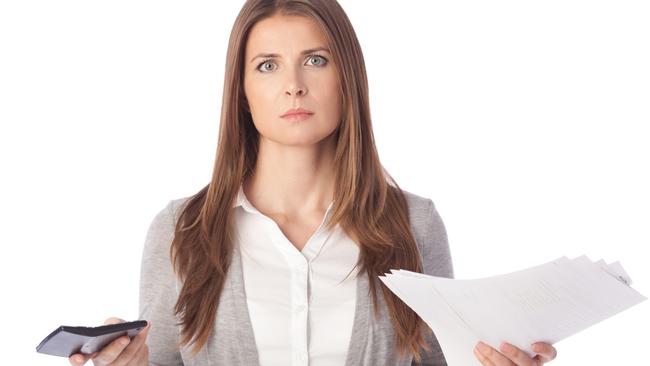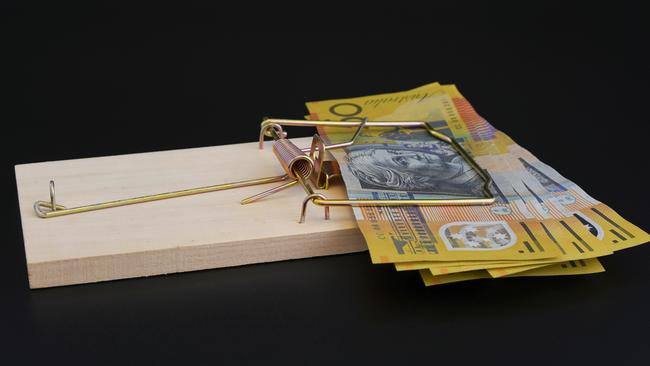How to deal with your debt during the pandemic
Debt can be a dirty word and during the pandemic it has become more dangerous. Here are some ways to reduce your debt stress and emerge from COVID-19 in stronger shape.
Saver HQ
Don't miss out on the headlines from Saver HQ. Followed categories will be added to My News.
Debt worries are rising around households and government as the coronavirus causes pain for longer than any of us wanted.
As states tighten their restrictions and COVID lockdowns, the financial hit has grown bigger for millions of Australians, and those who owe money become more vulnerable.
Fortunately there are safety nets in the form of government subsidies and debt repayment holidays for those who are struggling, but some households slip through those.
People lucky enough to keep their jobs are benefiting from record low interest rates combined with extra cash savings, such as those going to millions of holiday-makers who usually travel overseas.
Knowing how to deal with debt at this time is an important step towards emerging from COVID-19 in a better financial position, or at least limiting your losses.

HOME LOANS
Banks were quick to offer mortgage repayment holidays to people who lost income and many have extended these where needed by four months beyond the original end date of September.
They are likely to be lenient to those in trouble if this second COVID wave continues or spreads, so talk to your lender if repayments are still a problem.
Lenders don’t want to be evicting people in droves because forced house sales would hammer down house prices, smash the economy and cause banks to lose more money than they need to.
If you’ve held onto your job, now is a great time to pump extra cash into your mortgage.
With many home loan interest rates now below 3 per cent, the bulk of your repayments are driving down the outstanding balance rather than covering interest costs. And that lower balance reduces future interest payments.
OTHER PERSONAL DEBT
Credit cards, store cards and buy now, pay later schemes are examples of consumer credit with the potential to force people into a debt spiral.
It makes no financial sense to have a credit card debt charging 20 per cent interest if you have money sitting in savings or your mortgage. Always try to pay off highest interest debts first because they cost you the most money.

Buy now, pay later schemes such as Afterpay and Zip Pay don’t charge interest but shoppers can get caught out by late fees and other charges, or by using several different schemes that they are unable to repay on time.
If you’re struggling with debt, speak to a financial counsellor for free on 1800 007 007.
NATIONAL DEBT
All of us owe another huge debt as taxpayers: the government’s forecast $852 billion of national debt by June next year. It is blowing out by almost $300 billion from pre-COVID forecasts, and doesn’t factor in the economic impact of the latest Victorian lockdown.
This is an eye-watering amount of money that must be repaid by future generations, but don’t lose sleep over it.
Australia’s debt position is better than other major countries, and economists say record low interest rates allow the government to borrow at between 0.25 per cent and 0.85 per cent.
It would be a different story if interest rates were much higher, but that doesn’t look like happening any time soon.
Originally published as How to deal with your debt during the pandemic
